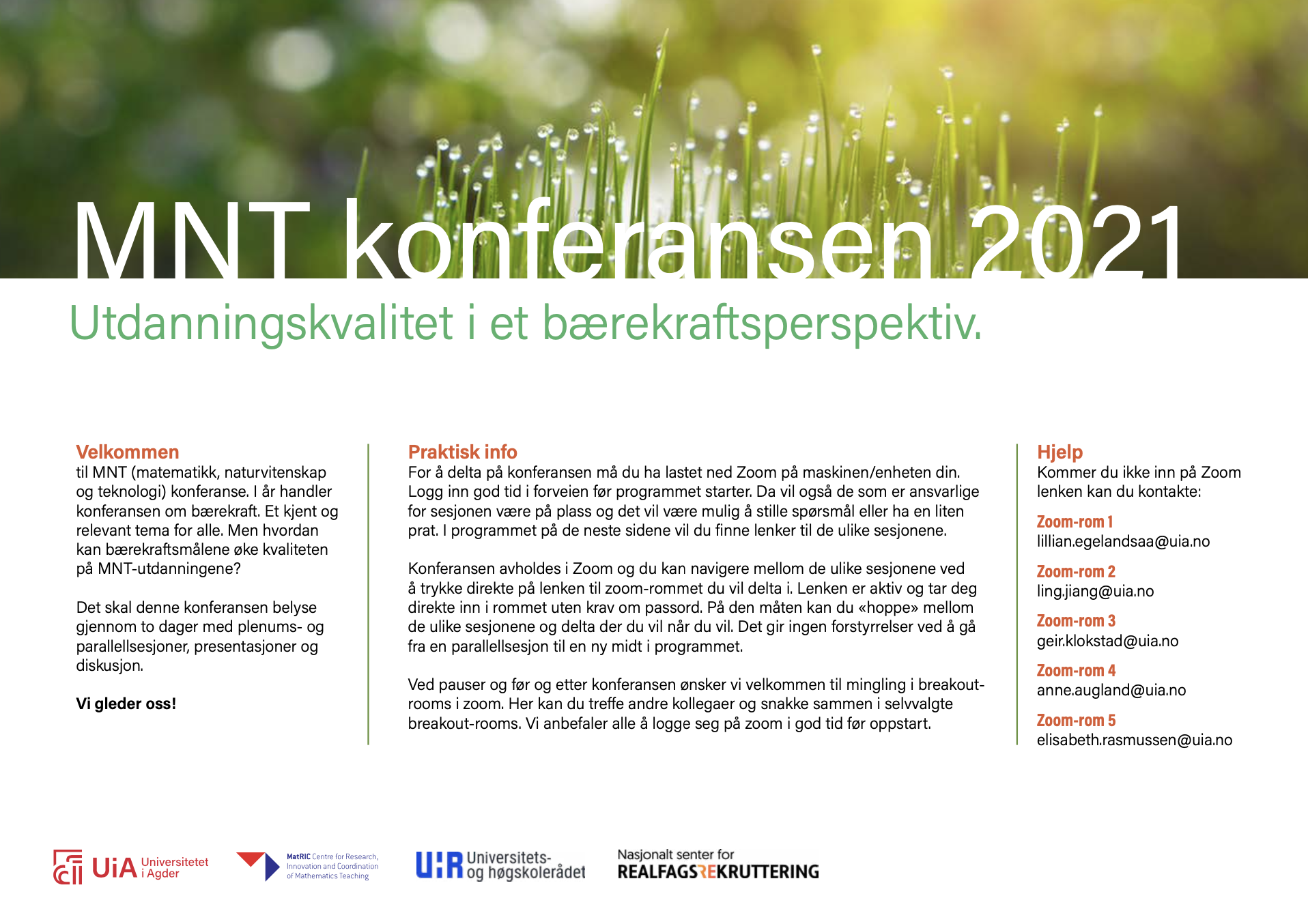Har du draget? – En undersøkelse av ingeniørstudenters kunnskaper og ferdigheter i mekanikk etter eksamen
DOI:
https://doi.org/10.5324/njsteme.v5i1.3891Abstract
I artikkelen presenteres en ny måte å måle kvaliteten i studenters læringsutbytte og undervisningen, ved at det foretas en ny vurdering av kunnskap og ferdigheter i fysikk en god stund etter avlagt eksamen i emnet. Denne vurderingen tyder på at studentene mangler konseptuell forståelse av mekanikk og har lite læringsutbytte i fysikk. Undersøkelsen gjenspeiler at studentene tror de innehar god/tilstrekkelig kunnskap. Det er spesielt interessant, og vi fremsetter hypotesen at dette skyldes undervisningsmetode. Denne måten å evaluere kunnskap på, ved å foreta en test en gitt tid etter avlagt eksamen kan være et godt redskap for å måle en faktisk oppnådd forståelse av fysikk. Videre vil resultatene kunne hjelpe oss til å vri læringsutbyttemålene i retning av konseptuell forståelse istedenfor det nåværende søkelys på det å kunne anvende fysikkens lover. Den foreslåtte metoden kan ha stor overføringsverdi til andre
Downloads
Downloads
Published
How to Cite
Issue
Section
License
Copyright (c) 2021 Per Eilif Thorvaldsen, Therese Sjursen, Trygve Buanes

This work is licensed under a Creative Commons Attribution 4.0 International License.
The Nordic Journal of STEM Education licenses all content of the journal under a Creative Commons Attribution (CC-BY) licence. This means, among other things, that anyone is free to copy and distribute the content, as long as they give proper credit to the author(s) and the journal. For further information, see Creative Commons website for human readable or lawyer readable versions.
Authors who publish with this journal agree to the following terms:
1. Authors retain copyright and grant the journal right of first publication with the work simultaneously licensed under a Creative Commons Attribution License that allows others to share the work with an acknowledgement of the work's authorship and initial publication in this journal.
2. Authors are able to enter into separate, additional contractual arrangements for the non-exclusive distribution of the journal's published version of the work (e.g., post it to an institutional repository or publish it in a book), with an acknowledgement of its initial publication in this journal.
3. Authors are permitted and encouraged to post their work online (e.g., in institutional repositories or on their website) prior to and during the submission process, as it can lead to productive exchanges, as well as earlier and greater citation of published work (See The Effect of Open Access

